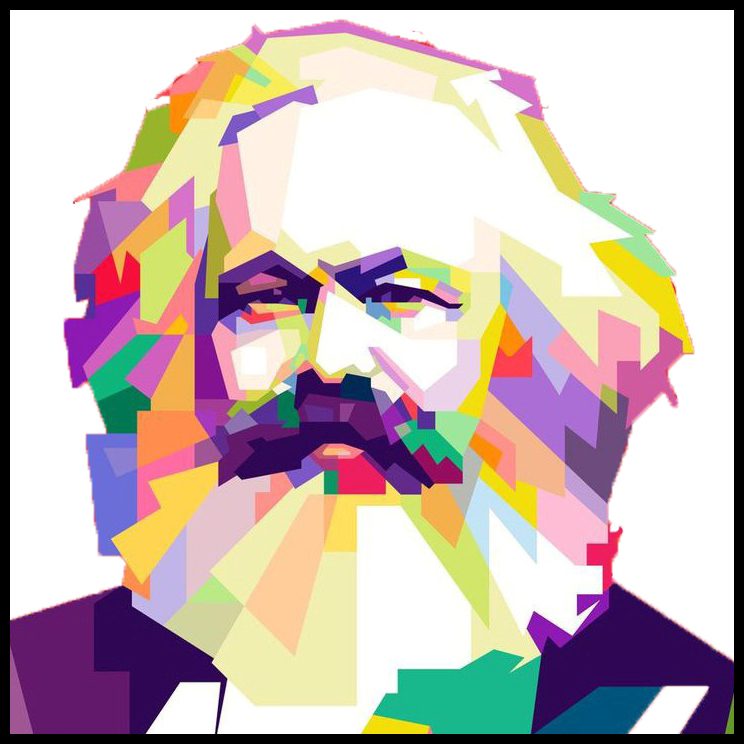“The Communists do not form a separate party opposed to the other working-class parties. They have no interests separate and apart from those of the proletariat as a whole. They do not set up any sectarian principles of their own, by which to shape and mould the proletarian movement”.
Karl Marx and Frederick Engels, Manifesto of the Communist Party, Chapter II. Proletarians and Communists, February 1848.
“The first great step of importance for every country newly entering into the movement is always the organisation of the workers as an independent political party, no matter how, so long as it is a distinct workers’ party … That the first programme of this party is still confused and highly deficient … these are inevitable evils but also only transitory ones. The masses must have time and opportunity to develop and they can only have the opportunity when they have their own movement–no matter in what form so long as it is only their own movement”.
Friedrich Engels, “Letter to Sorge”, 29 November 1886, Marx-Engels Correspondence.
“I think that all our practice has shown that it is possible to work along with the general movement of the working class at every one of its stages without giving up or hiding our own distinct position and even organisation, and I am afraid that if the German Americans choose a different line they will commit a great mistake”.
Friedrich Engels, “Letter to Florence Kelley Wischnewetsky”, 27 January 1887, Marx-Engels Correspondence.
“Collins: Is it even possible to consider at this stage an independent existence outside the mass organizations?
Trotsky: The fact that Lenin was not afraid to split from Plekhanov in 1905 and to remain as a small isolated group bears no weight because the same Lenin remained inside the Social Democracy until 1912 and in 1920 urged the affiliation of the British Communist Party to the Labour Party. While it is necessary for the revolutionary party to maintain its independence at all times, a revolutionary group of a few hundred comrades is not a revolutionary party and can work most effectively at present by opposition to the social patriots within the mass parties. In view of the increasing acuteness of the international situation, it is absolutely essential to be within the mass organizations while there is the possibility of doing revolutionary work within them. Any such sectarian, sterile and formalistic interpretation of Marxism in the present situation would disgrace an intelligent child of ten”.
Leon Trotsky, “Interview with Collins”, (northern) Summer 1936.
The rift between Marxism and the labour movement – the trade unions and reformist workers’ parties – in the English-speaking world has never been greater. Why? In part because too many of today’s self-described Marxists are either unaware of, or choose to ignore, the approach outlined by the great Marxist thinkers towards reformist workers’ parties. It is this ignorance that the Marxism and Labor website aims to challenge.
This website will focus on two aspects of this question. The first is the need for Marxists to propagandise and agitate for a labour or workers’ party in countries where no such party currently exists. The second is the need for a strategic orientation towards mass reformist workers’ parties and their youth movements in countries where they do exist. Marxism and Labor will do this by publishing a combination of newly written polemics and reprinting older ones that are either hard to find or have never appeared online.
